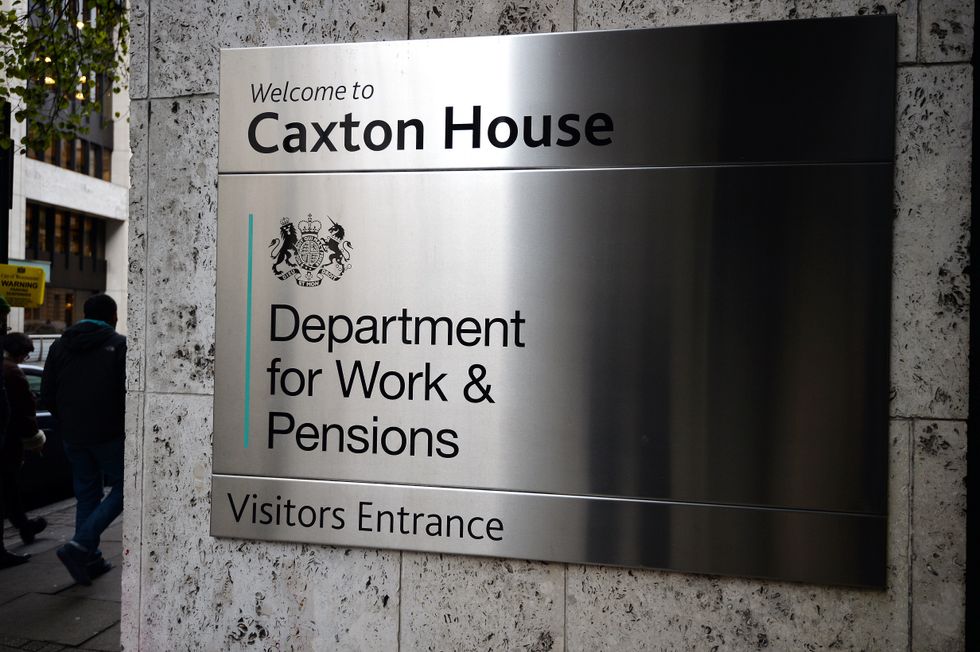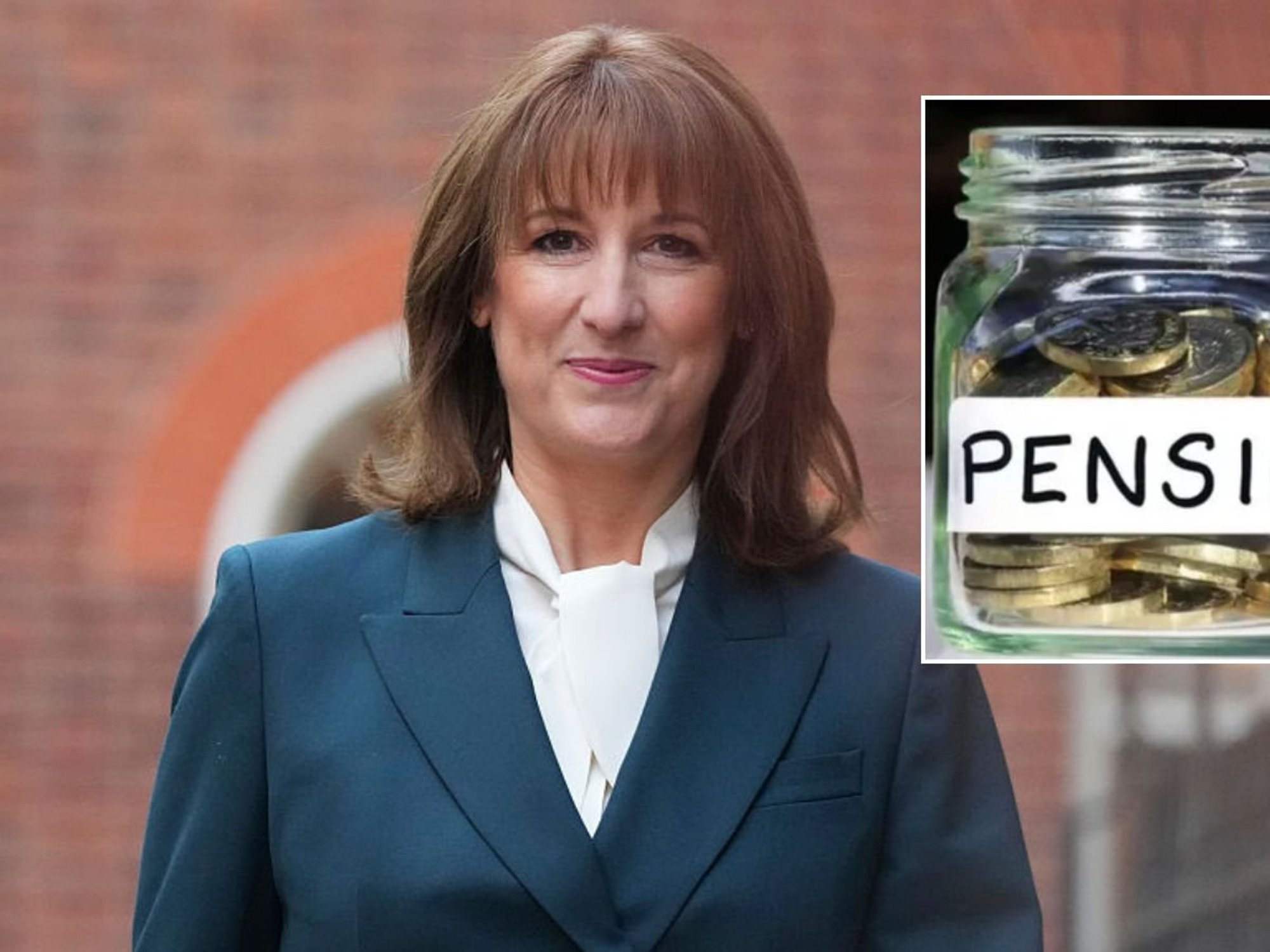State pension payments 'should never be means-tested' but triple lock must be scrapped, Labour told

State pension age rise ‘almost inevitable’: Ann Widdecombe issues warning as Denmark raises the bar |
GB NEWS

Analysts are sounding the alarm over the long-term viability of the state pension
Don't Miss
Most Read
Labour should "commit to never means-testing the state pension" but axe the triple lock, new analysis from a leading think has has determined.
The Institute for Fiscal Studies (IFS0 has unveiled its final Pensions Review report, presenting a four-point pension guarantee designed to overhaul the UK's state pension system.
The comprehensive proposals, developed over two and a half years in partnership with abrdn Financial Fairness Trust, aim to tackle significant challenges threatening the financial security of future pensioners.
IFS's publication of the report coincides with the Government's anticipated announcement of its own retirement income adequacy review.

Labour is being urged to introduce state pension reform
|GETTY
The think tank's recommended four-point guarantee centres on establishing a clear target for the state pension as a percentage of average earnings, with the current level at 30 per cent of median full-time earnings.
It proposes using the existing triple lock mechanism to reach this target, after which the pension would increase in line with average earnings growth.
As it stands, state pension payment rates rise every year by either the rate of inflation, average earnings or 2.5 per cent; whichever is the highest.
Over the longer term, the IFS proposes payment rates should only increase in line with average wage growth to ensure the viability of the retirement benefit.
Do you have a money story you’d like to share? Get in touch by emailing money@gbnews.uk.
 Older Britons are worried about the future of the state pension triple lock | PA
Older Britons are worried about the future of the state pension triple lock | PAThis guarantee includes crucial inflation protection, ensuring state pension payments always rises at least in line with consumer price index (CPI) rate.
When earnings growth falls below inflation, the pension would temporarily exceed its target level until normal conditions return, following the Australian model.
Notably, the proposals explicitly reject means-testing and link pension age increases to improvements in longevity at older ages.
David Gauke, former Secretary of State for Work and Pensions and Chair of the Steering Group of the Pensions Review, said: "The final report from the IFS's review comes at the perfect time with the Government's own review expected to commence imminently.
"Pensions need long-term planning and, ideally, a broad consensus." He emphasised that the proposals maintain crucial equilibrium across different stakeholders.
"The proposals put forward maintain an important balance between the state, employers and workers. The Government should provide a secure pension income, further increases in the state pension age should be accompanied by more support for those hardest hit, and both employees and employers should gradually contribute more to help achieve greater financial security in retirement."
LATEST DEVELOPMENTS:
 The current full new state pension stands at £11,973 annually, or £230.25 weekly, for those reaching pension age after April 2016 | GETTY
The current full new state pension stands at £11,973 annually, or £230.25 weekly, for those reaching pension age after April 2016 | GETTYPaul Johnson, the director of IFS and co-Director of the Pensions Review, acknowledged the current system's achievements whilst warning against complacency.
"There is much to celebrate about the current UK pensions system. The current generation of retirees is, on average, doing much better than any previous generation," he said.
He noted that pensioner poverty has fallen dramatically from the high levels of the 1970s and 1980s, now sitting below rates for other demographic groups. The simplified state pension system and successful automatic enrolment have also improved retirement provision.
However, Johnson cautioned: "Without decisive action, too many of today's working-age population face lower living standards and greater financial insecurity through their retirement."
More From GB News










